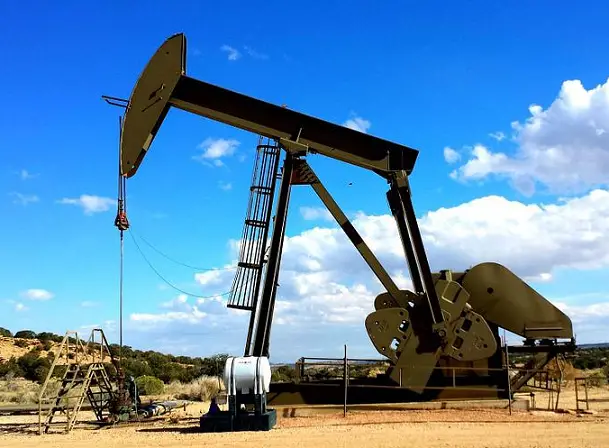Oil held steady following a loss on Monday, as concerns over the health of the Chinese economy and a strengthening dollar kept the price suppressed.
West Texas Intermediate was trading at around $83 per barrel, following a fall of 0.8% in the previous trading session. On Tuesday, newly released Chinese data which included data on industrial output, retail sales, and fixed-asset investments fell well below expectations, highlighting what is increasingly being seen as a problematic outlook for the economy of the world’s largest crude importer.
However even as the economic data lagged, the numbers also revealed that in July, demand for oil had risen by more than a fifth compared to one year prior. Ahead of the data release, in an effort to bolster the economy, China’s central bank cut a key interest rate by the largest amount since 2020.
Crude has been surging since the end of June following voluntary cuts in production output by OPEC+ major producers Russia and Saudi Arabia which tightened the physical market and began the draining of inventories. However over the last few sessions, the rally in prices has begun to falter despite the International Energy Agency estimating that global demand has been at record levels, aided in large part by petrochemical activity in China.
Charu Chanana, a market strategist at Saxo Capital Markets Pte. said that additional weakness in Chinese data would indicate “more demand pressures.” She predicted that global benchmark Brent crude would likely hold between $80-$90 over this quarter.
After closing on Monday at the highest level seen since June 7th following three straight days of gains, a gauge of the dollar held steady Tuesday. The stronger dollar means international buyers must spend more of their own money when buying oil which is priced in dollars.
In the meantime, both the US and the UK posted warnings of an increased threat to vessels near Iranian waters in the Strait of Hormuz, which is used as a strategic transit route for oi. Over recent months, Iran has seized a number of oil tankers.

